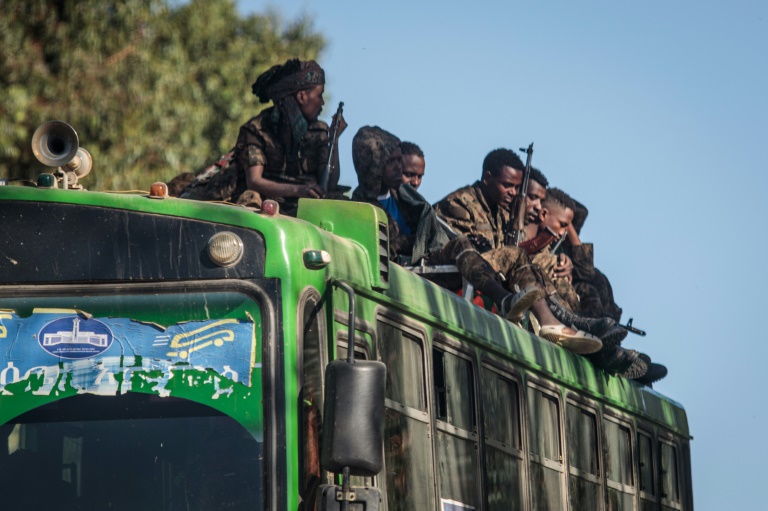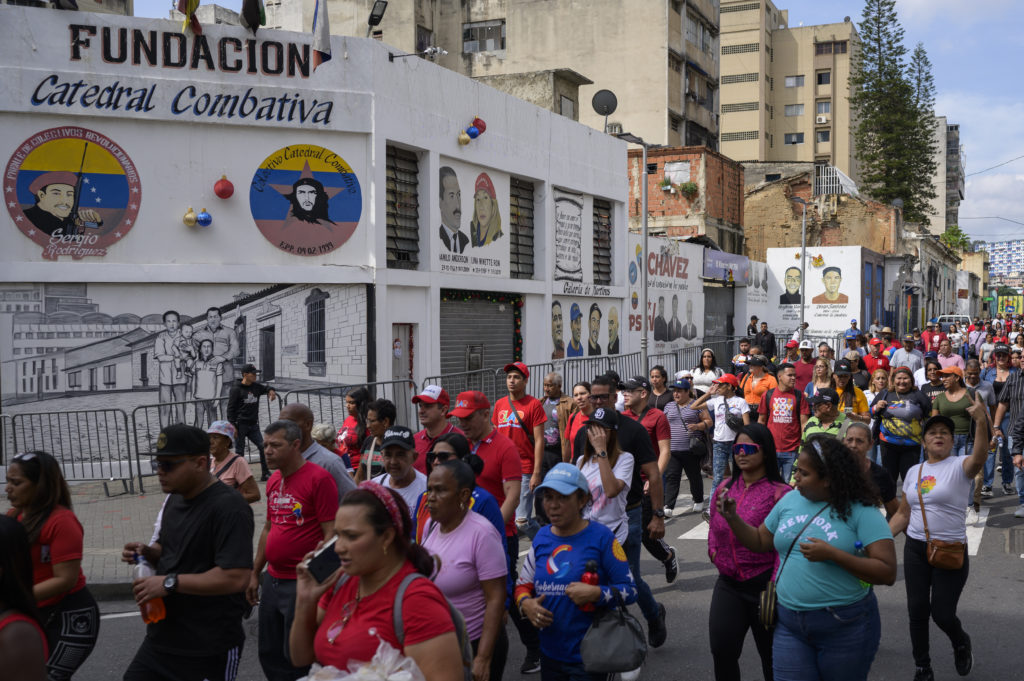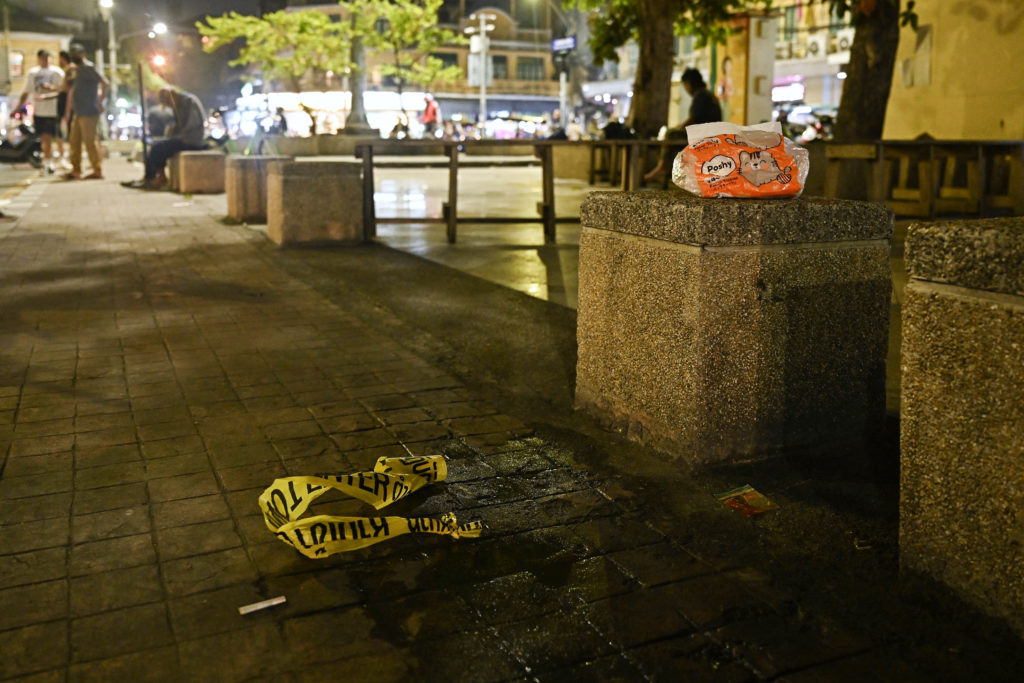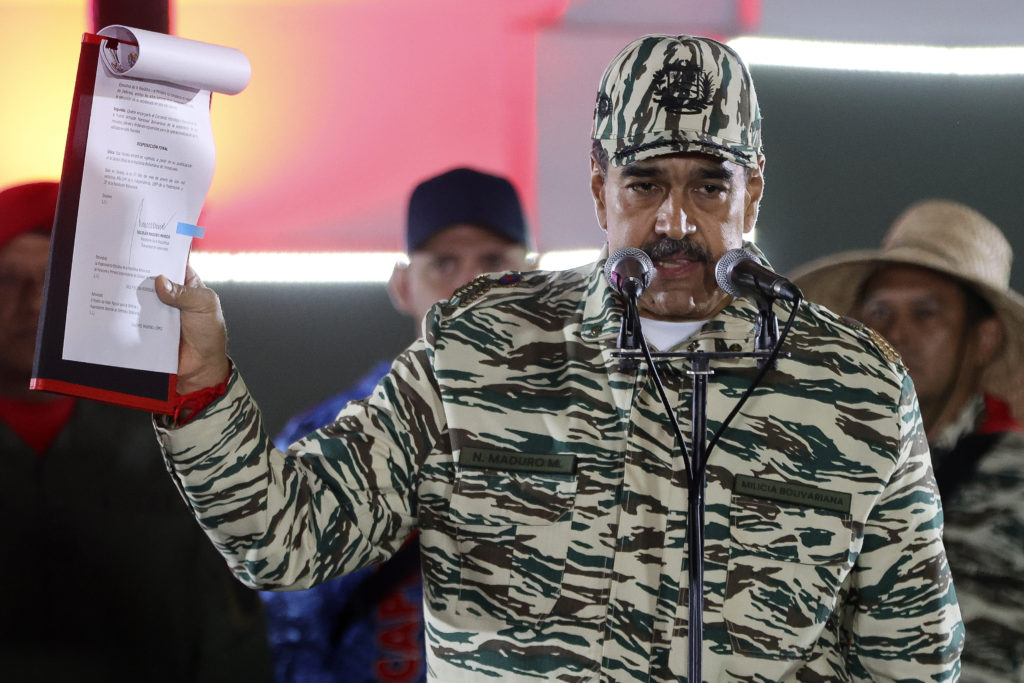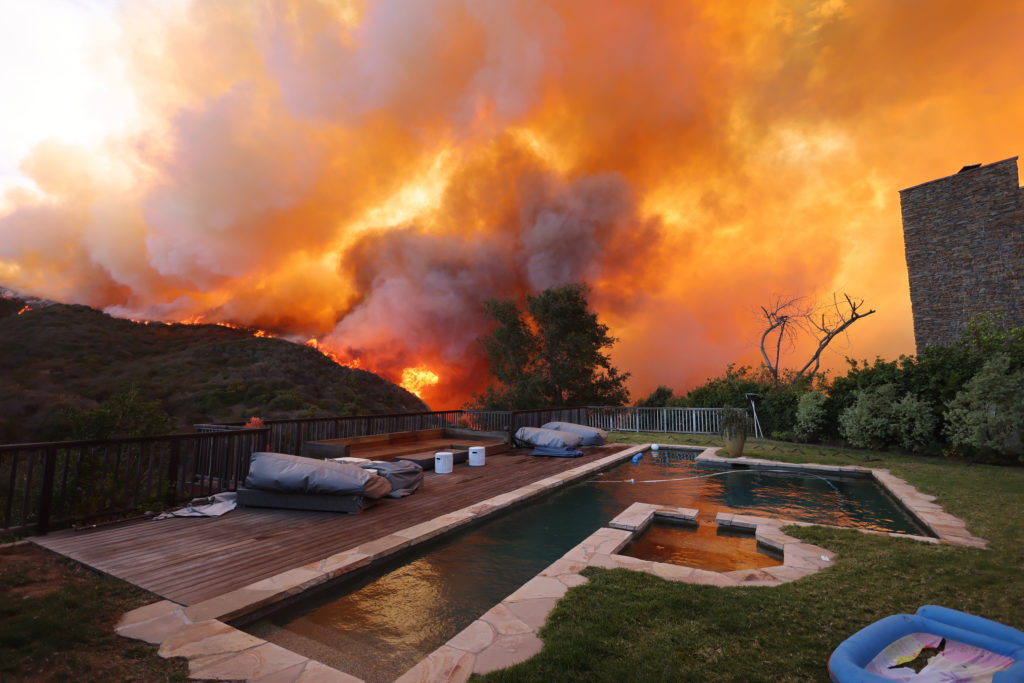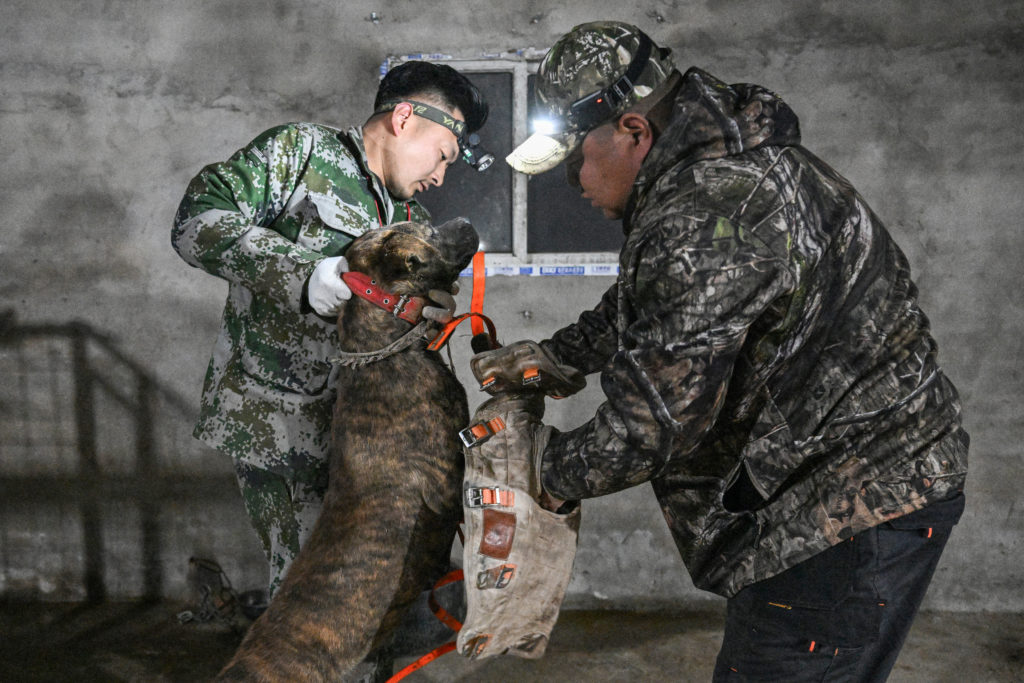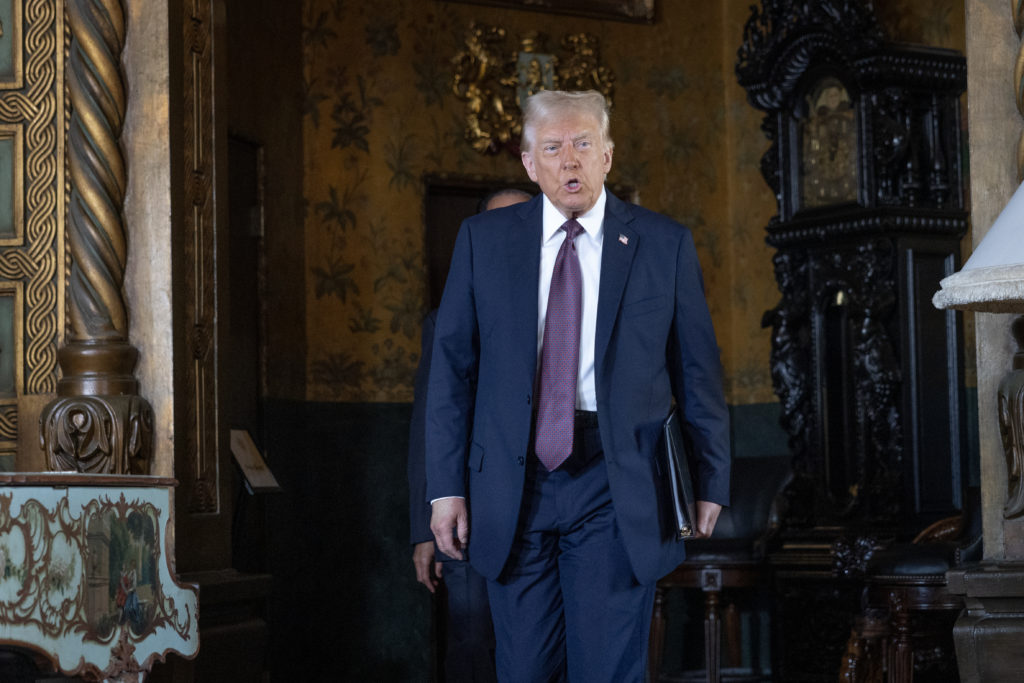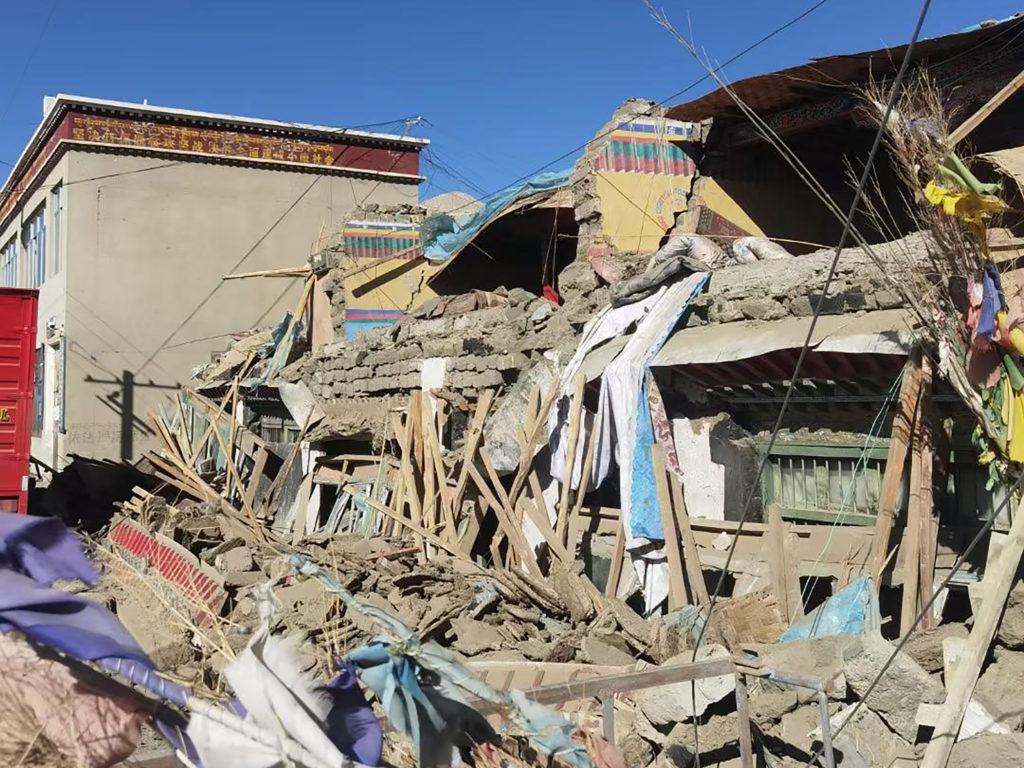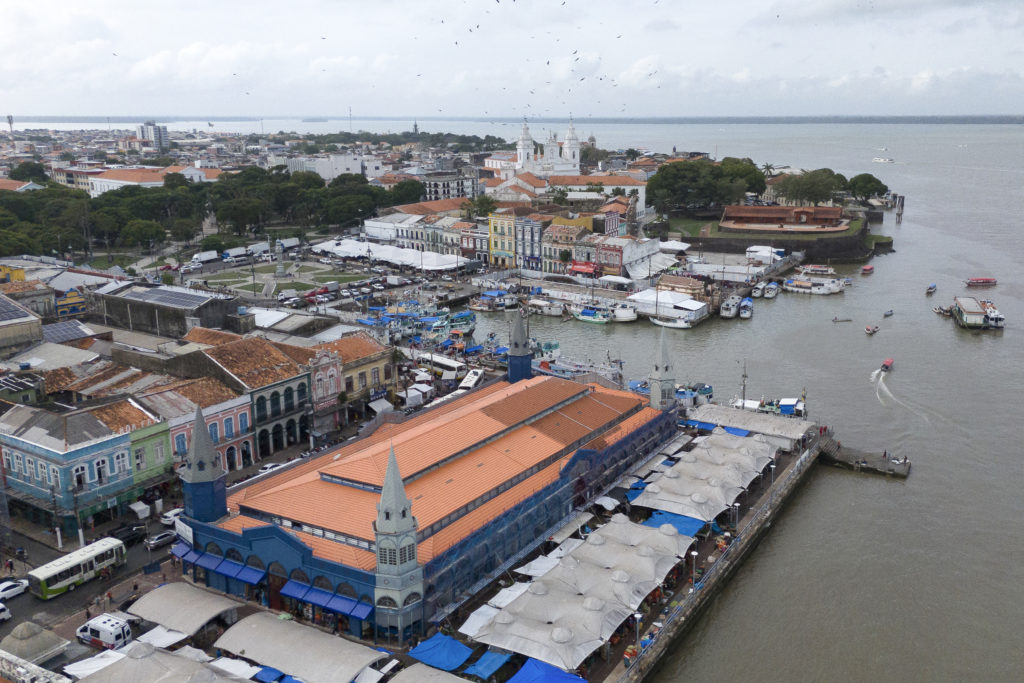Ethiopia’s government said on Wednesday its soldiers had recaptured a city in southern Tigray from Tigrayan fighters, marking its first major advance inside the war-torn region in many months and dashing hopes for peace following a rebel retreat.
The Tigray People’s Liberation Front rebel group, which announced its withdrawal from the Amhara and Afar regions this week and called for a ceasefire, did not immediately react to the government’s claims.
The government communication service said the “gallant Ethiopian Defence Forces and the Amhara region security forces after sweeping the enemy force… have captured Alamata city”, indicating that fighting would continue.
“The Ethiopian National Defence Forces and the Amhara region security forces which are… destroying the fleeing terrorist clique are marching on Abergele,” the government said, referring to a district in Tigray.
Although unconfirmed, the TPLF pullout from Amhara and Afar had raised hopes there would be talks to end the brutal 13-month conflict that has killed thousands and created a humanitarian crisis with hundreds of thousands on the brink of famine.
Both sides have been claiming major territorial gains in recent months, with the rebels at one point saying there were only 200 kilometres (125 miles) from the capital Addis Ababa.
But since Prime Minister Abiy Ahmed — the 2019 Nobel Peace Prize winner — headed to the front last month, according to state media, the government has claimed to have retaken a string of key towns.
The government dismissed Monday’s withdrawal announcement by the TPLF as a cover-up for military setbacks.
Communications have been cut in the conflict zone and access for journalists is restricted, making it difficult to verify battlefield claims.
– No breakthrough –
In a letter to UN Secretary-General Antonio Guterres this week, TPLF leader Debretsion Gebremichael said he hoped the rebel pullout would be “a decisive opening for peace”.
But an African Union led effort to broker a ceasefire has so far failed to yield a breakthrough.
The TPLF had previously refused to leave Amhara and Afar unless the government ended what the rebels described as a humanitarian “siege” of Tigray.
Aid workers have repeatedly complained that security and bureaucratic hurdles are impeding access to the stricken region, where some 400,000 people are thought to be on the verge of famine.
The UN also suspended humanitarian flights from Addis Ababa to Tigray’s capital Mekele in October amid a campaign of government air strikes in the region. The flights resumed in November.
As fighting escalated in October and fears rose of a rebel march on Addis Ababa, alarmed foreign governments last month urged their citizens to leave Ethiopia as soon as possible.
The fighting in Africa’s second most populous nation has displaced more than two million people and more than nine million need food aid, according to UN estimates.
There have been reports of massacres, mass rapes and other atrocities by all sides, and the UN Human Rights Council last week ordered a probe into a wide range of alleged abuses, a move condemned by Addis Ababa.
The war broke out in November last year when Abiy sent troops into Tigray to topple the TPLF, the region’s ruling party which had dominated national politics for three decades until he took power in 2018.
He accused its fighters of attacking army camps and vowed a swift victory. But the TPLF mounted a shock comeback, recapturing most of Tigray by June and then advancing into Afar and Amhara.
Western Tigray — which is claimed by Tigrayans and Amharas — has been occupied by Amhara forces since the war erupted, triggering large-scale displacement and US warnings of ethnic cleansing.

